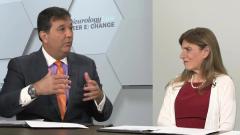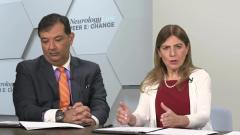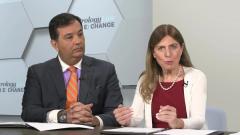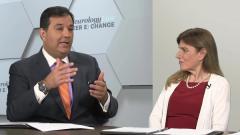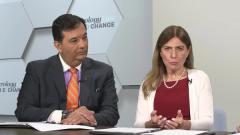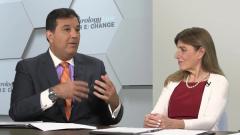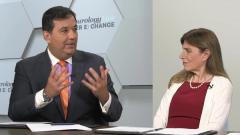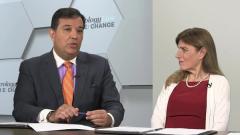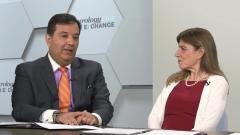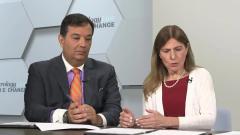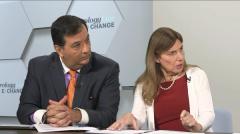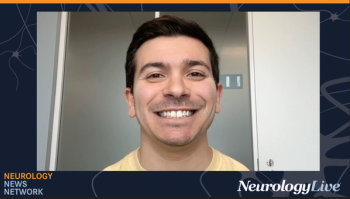
Considerations for Management of Alzheimer’s Disease
Dr Atri discusses considerations and suggestions for caring for patients with Alzheimer’s disease.
Episodes in this series

Marwan Sabbagh, MD: Dr Atri, we tried to articulate the goals of treatment. Do we define that based on mild or severe symptoms? What would the goals be, as you see it, based on the severity of the disease?
Alireza Atri, MD, PhD: At a higher level, the goals are similar but considerations may be different. The goals is to have patient-centered informed discussions. That involves a timely diagnosis that’s accurate and a compassionate disclosure. It’s patient centered, but it usually involves a triadic relationship among the patient, a care partner who may become a caregiver later in the severity, and the clinician team. Part of that is imparting the knowledge about the disease accurately and compassionately, making sure there’s an appreciation of the facts. That’s not always the case with individuals in later stages. There could be some anosognosia—decreased perception or understanding of the disease or how it applies.
This is all to increase the autonomy so patients and families can make informed choice better. That involves understanding, after the patients have the knowledge and appreciation of what the expectations are for the disease. This comes with the caveat that we’re not all-knowing. We’re never taking hope away but being realistic that this is a neurodegenerative disease that we can’t cure. But we can compassionately and meaningfully affect their trajectory and care in a multifactorial way: changing the environment, making sure they’re supported as much as possible, promoting things that give them quality of life and enjoyment, sleep, comorbidities, hydration. Pharmacotherapy is part of the treatments that are approved.
Part of the treatment is taking away bath mats. The goal is for them to be able to be supported. That includes a care partner, because the care partner and the caregiver is where the rubber meets the road. That’s part of the goal. The considerations may be later, depending on whether someone is younger or older, or more severe or not. Ultimately, most individuals don’t come to you and say, “I want to be able to spell world backward or do calculus.” Most individuals care about not being a burden to others, having a quality of life, retaining and maintaining independence as much as possible for longer, and having that time and ability. We ask them, “What are your goals?” Then we work with them to individualize that. The goals are the same, but the considerations may be different depending on the family dynamics and their abilities. We need to focus on not just what they don’t have but on the abilities they do have, to come up with a plan with them.
Transcript edited for clarity
Newsletter
Keep your finger on the pulse of neurology—subscribe to NeurologyLive for expert interviews, new data, and breakthrough treatment updates.




